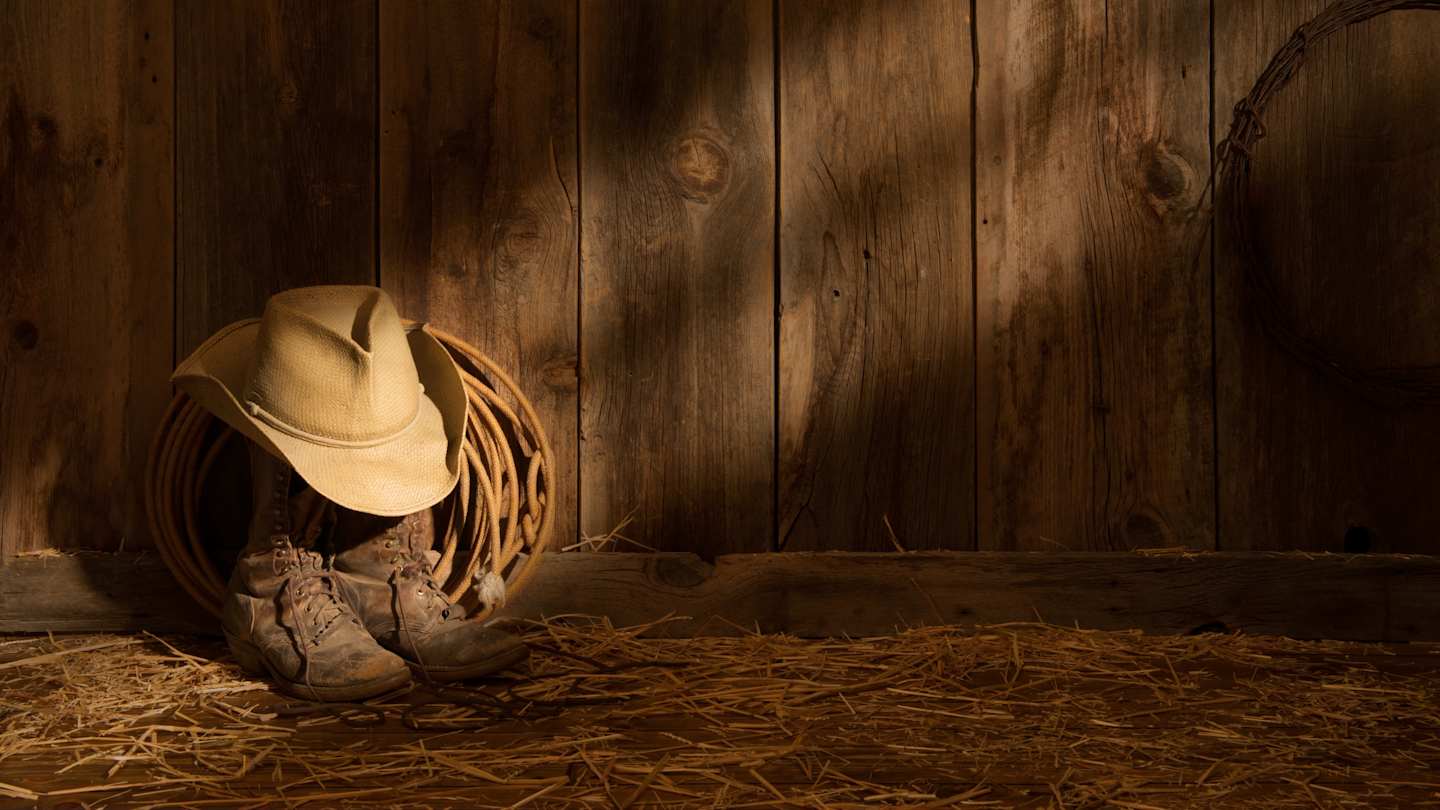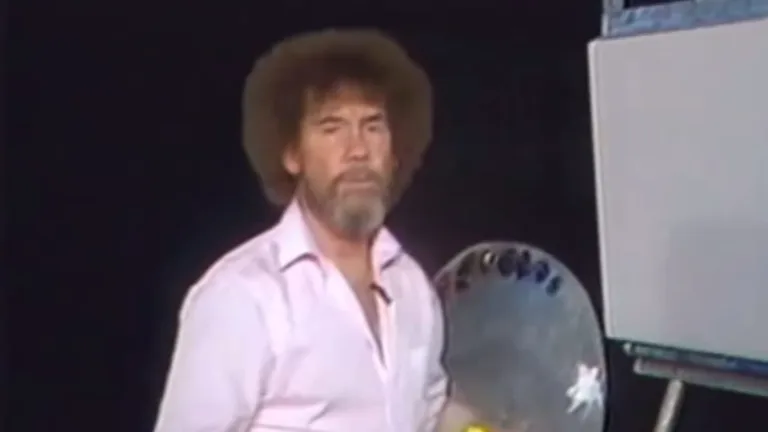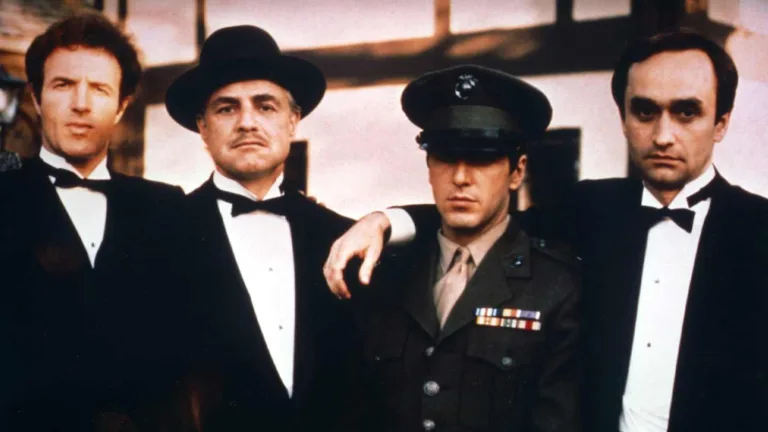Howdy, partners! Ever wondered what those rugged cowboys Called Their grub? This ain’T Your Fancy City Fare; we’re diving headfirst into the wild, wonderful world of Cowboy Food Names, a lexicon as colorful and vast as the American West itself. Get ready to saddle up for a tasty journey through slang that’s as rich and flavorful as a Hearty Chuck Wagon Stew.
This article is your comprehensive guide to understanding the unique terminology cowboys used to describe their food and drink. From baked goods to beverages, we’ll uncover the origins and meanings Behind These Quirky Names, giving you a true taste of The Old West. Prepare to be amazed by the creativity and resourcefulness of those who lived off the land!
We’ll explore a wide range of Culinary Terms, revealing the stories behind each one. You’ll discover how simple ingredients gained Colorful Nicknames, reflecting the spirit of adventure and the harsh realities of life on the trail. So grab your coffee (or maybe a “six-Shooter Skink,” As They Called It Back then!), and let’s get started!
Baked goods: A cowboy’s Sweet Tooth
Let’s start with the sweet stuff! Cowboys, Despite Their Tough Exteriors, had a fondness for baked goods. Think of long days in the saddle, followed by the comforting warmth of a freshly baked treat. These weren’T Your Delicate Pastries; these were hearty, Satisfying Delights, often baked over an open fire or in a Dutch oven.
The names themselves are as interesting as the treats themselves. “Bear sign,” for example, was a simple term for doughnuts, perhaps referencing the round shape resembling a Bear’s Paw Print. “Boggy-top,” on the other hand, was a more descriptive name for a pie, likely referring to the slightly uneven, “Boggy” texture of the crust. These names paint a picture of Rustic Baking, far removed from the precision of Modern Bakeries.
Other baked goods included “Hot Rocks,” “sinkers,” “doughgods,” and “Huckdummys,” all referring to variations of biscuits and raisin biscuits. The variety reflects the resourcefulness of cowboys, who adapted their recipes to whatever ingredients were available. These cowboy food names give us a glimpse into the ingenuity and practicality of their culinary traditions.
Meats: Hearty fare on the trail
When you picture a cowboy’s diet, hearty meats likely come to mind. Life on the trail demanded substantial meals to fuel long rides and Hard Work. Preservation techniques were crucial, leading to creative names for these Essential Provisions. Think of the “Overland Trout,” a playful term for bacon, hinting at its ability to withstand Long Journeys.
“Salt horse,” Another Evocative Term, Referred To Corned Beef, a staple due to its long Shelf Life. The salt-curing process was essential for preserving meat in the absence of refrigeration. The name itself suggests a tough, Durable Food, perfect for the rigors of cowboy life. These weren’t delicate cuts of meat; these were substantial portions meant to sustain.
Then there’s the mysterious “mysteries,” a fun name for sausages, likely reflecting the sometimes unpredictable mix of ingredients used. And let’s not forget the “son-of-a-Gun Stew,” a hearty concoction that probably varied wildly depending on what ingredients were available on any given day. These cowboy food names highlight the resourceful nature of cowboys, who made do with what they had.
 The First Episode in a TV Series: Pilots & Premieres
The First Episode in a TV Series: Pilots & PremieresVegetables: From love apples to skunk eggs
While meat was a staple, vegetables played a vital role in a cowboy’s diet, providing essential vitamins and minerals. However, the names given to these vegetables often reflect a less-than-Refined Approach To Culinary Descriptions. “Love Apples,” for instance, was a charming name for canned tomatoes, a testament to the sweetness and vibrancy of the fruit.
The names weren’T Always So Endearing, though. “Skunk eggs” was a rather pungent moniker for onions, a fitting description given their strong odor. This colorful language reflects the direct and often humorous nature of cowboy slang. It’s a reminder that these weren’T Dainty Dishes; these were hearty, robust foods meant to nourish hardworking individuals.
Other vegetables received equally creative names. “Music roots” was a catchy term for sweet potatoes, perhaps referencing their sweet and earthy flavor. “Saltwater vegetables” was a straightforward term for oysters and clams, Highlighting Their Origin. And “Pecos,” “Mexican,” or “whistle berries” were all slang terms for beans, reflecting the diverse origins and regional variations of the legume. These cowboy food names provide a glimpse into the diverse culinary landscape of The Wild West.
Dairy & sweets: Cowboy comfort food
Beyond the hearty meats and vegetables, cowboys also enjoyed a range of dairy and sweet treats. These provided a welcome change of pace and a much-needed source of comfort after long days on the trail. The names used for these foods often reflect a homespun, down-to-Earth Approach To Cooking. “Blue john,” for example, was a simple term for skimmed milk, Highlighting Its Pale Color.
“Charlie Taylor,” a more unusual name, referred to a sorghum butter substitute, showcasing the resourcefulness of cowboys in Adapting To Available Ingredients. This substitution speaks volumes about their ability to make do with whatever was at hand, creating delicious alternatives from readily available resources. These weren’T Fancy Desserts; they were simple, Satisfying Comforts.
Other sweet treats included “hen-fruit stir and long sweetenin’,” a descriptive name for pancakes and molasses, and the “Horse Thief Special,” “Spotted Pup,” or “bee-sweetenin’,” all referring to variations of rice pudding and honey. These cowboy food names reveal a surprising sweetness in the otherwise rugged lives of these trailblazers. They show that even in the Harshest Environments, a little sweetness could go a Long Way.
Drinks: Quenching thirst in The Wild West
Just as important as food was drink, especially in the arid landscapes of The Wild West. Cowboys needed to stay hydrated, and their vocabulary for beverages reflects both practicality and a touch of humor. “Six-Shooter Skink,” “float a horseshoe,” or “Arbuckle’s” were all colorful names for coffee, each suggesting a strong, potent brew perfect for a cold morning. The names themselves evoke the imagery of The Wild West.
Other names for coffee included “brown gargle” and “Jamoka,” showcasing the variety of terms used for this essential beverage. Beyond coffee, cowboys also enjoyed a range of Other Drinks. “Belly wash” was a general term for soda pop, while “black water” Referred To Weak Coffee. These cowboy food names highlight the resourceful and often humorous approach to everyday life on the frontier.
Alcoholic beverages also played a role in cowboy culture. “John Barleycorn,” “purge,” or “hop juice” were all slang terms for beer, reflecting its importance as a social lubricant and a source of comfort. Similarly, “Nose Paint,” “Pop Skull,” or “prairie dew” were all colorful names for whiskey, Highlighting Its Potent Nature. Finally, a “boilermaker and his helper” was simply a whiskey and beer combination, a classic pairing for those seeking a stronger drink. These names add another layer to the colorful lexicon of cowboy culture.










